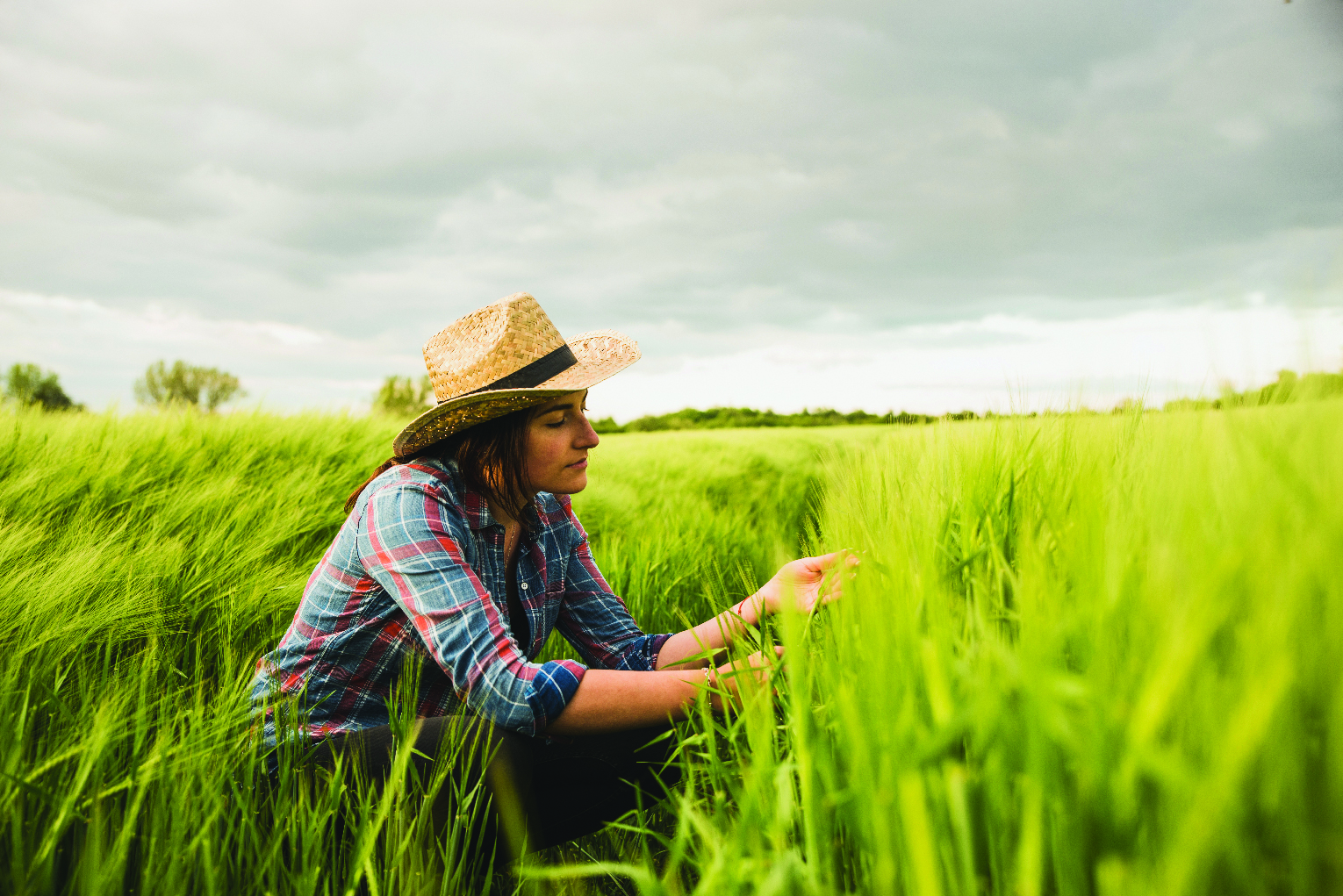Jim Smith teaches students about profitability, feasibility and responsible land-use practices through Mayland’s Farming and Homesteading Series.
Mayland Community College’s Farming and Homesteading Series, offered as General Career Training, provides students with the knowledge needed to sustainably and cost-effectively run their own farm.
It’s offered through Mayland’s Yancey Learning Center and is open to everyone of all skill levels and is meant to create an open discussion forum to share ideas and experiences.
Instructor, Jim Smith has been teaching and farming in various applications for more than 40 years. He has a passion for farming and understands the importance of profitability and feasibility while utilizing responsible land-use practices.
Having been a produce farmer for 10 years in South Carolina, Smith brings both hands-on farming knowledge and a love for teaching to the classroom.
“I’ve been doing this for a long time,” Smith said. “I started teaching classes at Southwest Community College in organic landscaping back in the late 70s, early 80s.”
Smith said when he moved to the area, working with Mayland seemed like an ideal fit.
“Education is a very important part of helping people understand farming and it’s very important now because a lot of farmers are struggling and a lot of farmland is being sold for real estate,” he said. “When we lose farmland, it’s gone.”
Smith is also one of the founders of the Organic Growers School and an early member of the Carolina Farm Stewardship. Throughout his years working closely with the farming community, he has seen the struggles modern-day farmers face firsthand.
As so many turned to using fertilizers and insecticides, soils became more a more depleted over the years.
Generational farmland, which has seen the same crop grown over and over again, are experiencing the same deficits, Smith said.
“I know these people are struggling with costs so what I’m focusing on, basically, is that the soil is where everything begins,” Smith said. “A lot of the classes that we’ve been doing here are to try to help those who are farming and homesteading, but the farmers are the ones that are really hurting right now.”
Smith’s classes are designed to create conversation and facilitate non-judgmental discussion and brainstorming. If farmers start implementing some of the same agriculture practices popular before World War II, such as selling and processing locally and planting rotational crops, the current situation may begin to improve, Smith said.
“Farming is a real passion and for those that do it, we do it not so much for the money but because we love growing things are we’re involved in the challenge,” Smith said. “There can actually be a major shift in how people farm. There potentially could be money saved by focusing on building the soil and applying techniques that are regenerative.
“There are lots of ways we can improve the situation and help farmers. I don’t have all the answers, but I certainly have the experience both in teaching, farming, and working with farmers, that can be helpful.”
Smith’s Farming and Homesteading series continues at Mayland Community College’s Yancey Campus throughout the spring semester. To see the full list of classes offered in this series, visit mayland.edu. Students can register and pay online. For more information, call 682-7315.
The Mayland Community College Yancey Learning Center is a resource for those seeking to learn a new skill, take a class or gain professional workforce certifications.
From agriculture to arts and crafts, nurse aide to paralegal, its continuing education and workforce development programs present opportunities to the region.

